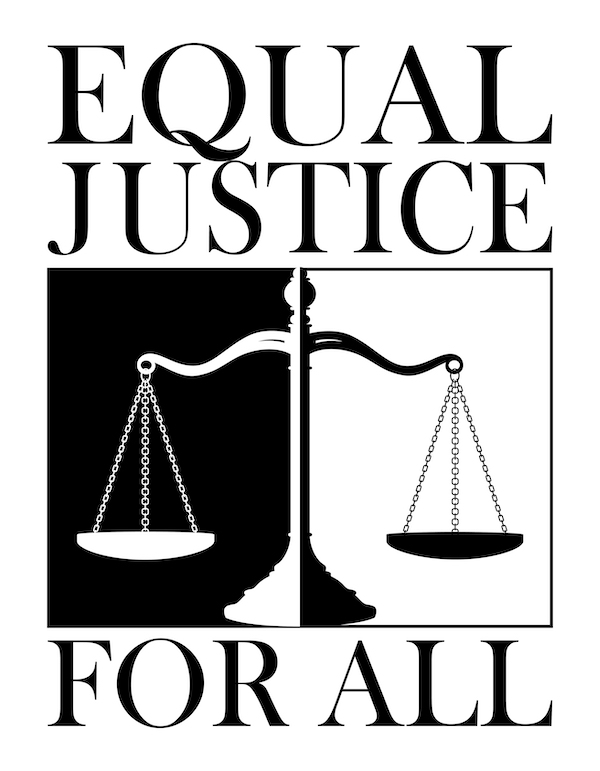The “justice gap” – the disparity between the need for and availability of civil legal services – is widening. Eighty percent of low-income people have trouble obtaining legal representation in court to protect their property, family, and livelihood when dealing with evictions, foreclosures, unpaid wages, domestic violence, and public benefits. And it affects everyone, not just those with unmet legal needs. The country’s foreclosure crisis exemplifies how lack of access to legal representation can lead to financial losses that are felt across the economy.
Legal aid is important.
- Solving legal problems stabilizes families, gets low-income people back on their feet, and changes the arc of their lives.
Legal aid is a good investment.
- Solving legal problems up front avoids serious and costly consequences for the individuals and families involved and for society generally.
Without CLS, those who can’t afford counsel have nowhere else to turn.
- CLS is the place of last resort for low income families, the disabled, and seniors who are facing serious civil legal problems.
- Even the bar-sponsored pro bono programs rely on CLS for coordination and support.


